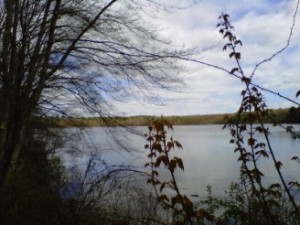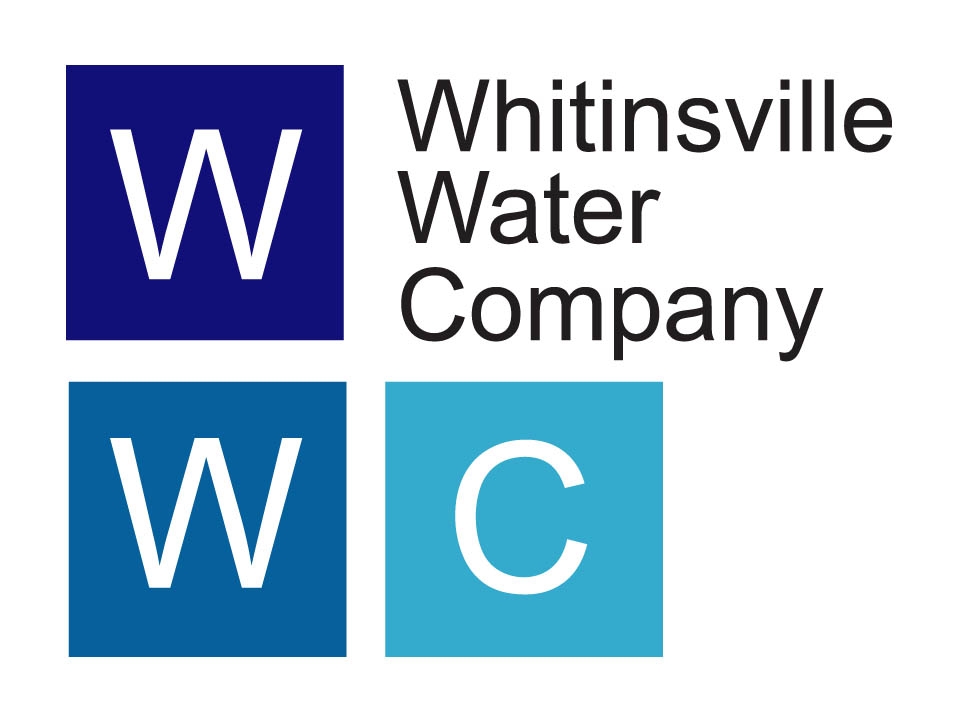State of Massachusetts Mandatory Annual Water Restrictions
Until further notice, there will be mandatory restrictions on all non-essential outdoor water use from 9am to 5pm every day be between May 1st and September 30th. This will be in effect every year. Further information is can be found at Water Restriction Notice
Water Conservation
Water is Life……Don’t Waste It!
 Water is a precious commodity which we all take for granted. We are fortunate to have an abundance of rain fall in this part of the country to meet our needs. However, it is imperative that we all use water wisely and teach future generations to do the same.
Water is a precious commodity which we all take for granted. We are fortunate to have an abundance of rain fall in this part of the country to meet our needs. However, it is imperative that we all use water wisely and teach future generations to do the same.
The Department of environmental Protection (DEP) has begun a process to restrict the amount of outdoor water use on a yearly basis. As such, all citizens of Northbridge should be cognizant that the opportunity to water lawns may be restricted. Starting in 2011, will be forced to implement certain mandatory outdoor water use restrictions. Please refer to the announcement page to see the current restrictions in place.
The following are excellent idea on ways to conserve water and there are a number of websites you may connect to for further information on water conversation and landscaping techniques you may use:
Tips for Saving Water in the Home
In The Bathroom
- Check your toilets for leaks. Put a little food coloring in your toilet tank. If, without flushing, the color begins to appear in the bowl, you have a leak that should be repaired immediately.
- Check Faucets and pipes for leaks. The smallest drip from a worn washer can waste 20 or more gallons a day. Larger leaks can waste hundreds.
- Replace your old toilet with a low-flow toilet. Ultra low-flow toilets use no more than 1.6 gallons per flush. Old toilets use six gallons per flush.
- Do not use the toilet as an ash tray or wastebasket.
- If you have an older toilet, place an inch of sand in a quart size bottle, fill it with water, and place it in the tank away from operating mechanism. You can save five or more gallons a day.
- Install water-saving showerheads or flow restrictors. Your local hardware or plumbing supply store stocks inexpensive items to install fixtures.
- Turn off the water while shaving or brushing your teeth.
In the Kitchen and Laundry
- Use your washing machine and dishwasher only for full loads.
- Check faucets and pipes for leaks.
- If you wash dishes by hand, do not leave the water running.
- Use garbage disposal less often.
- Do not let the faucet run while cleaning vegetables.
- Keep a bottle of drinking water in the refrigerator.
Outdoors
Most outdoor water waste occurs through water-intensive landscaping and improper outdoor watering.
- Check for leaks in pipes, hoses, faucets and couplings. Check frequently and keep them drip-free.
- Water your lawn only when needed. A good way to see your lawn needs watering is to step on the grass. If it springs back up when you move, it does not need water.
- Water deeply and less often. Deep watering encourages healthy growth.
- Water between 6 p.m. and 6 a.m. for minimal evaporation.
- Make sure you are watering your yard and not the driveway or street.
- Use a broom instead of a hose to clean driveways and sidewalks.
- Wash your car with a bucket of soapy water using the hose only to rinse.
- Do not let children play with the hose or sprinkler.
- Install a properly designed irrigation system with a moisture sensor.
- Decrease your turf area to 25 percent of your yard. Increase mulched beds, trees, vines and ground-covered areas to 75 percent.
- Mulch, mulch, mulch! Mulch retains moisture, cools the ground and decreases the need for watering.
- Mow your grass at the right height. The higher the better in summer months.
- Select plants that are native to the area, have low water needs and are shade producing.
- Install a rain gauge in your lawn to measure when your grass actually needs watering.
The following websites will offer additional conservation information:
American Water Works Association
New England Water Works Association
Water Wiser
h2ouse
